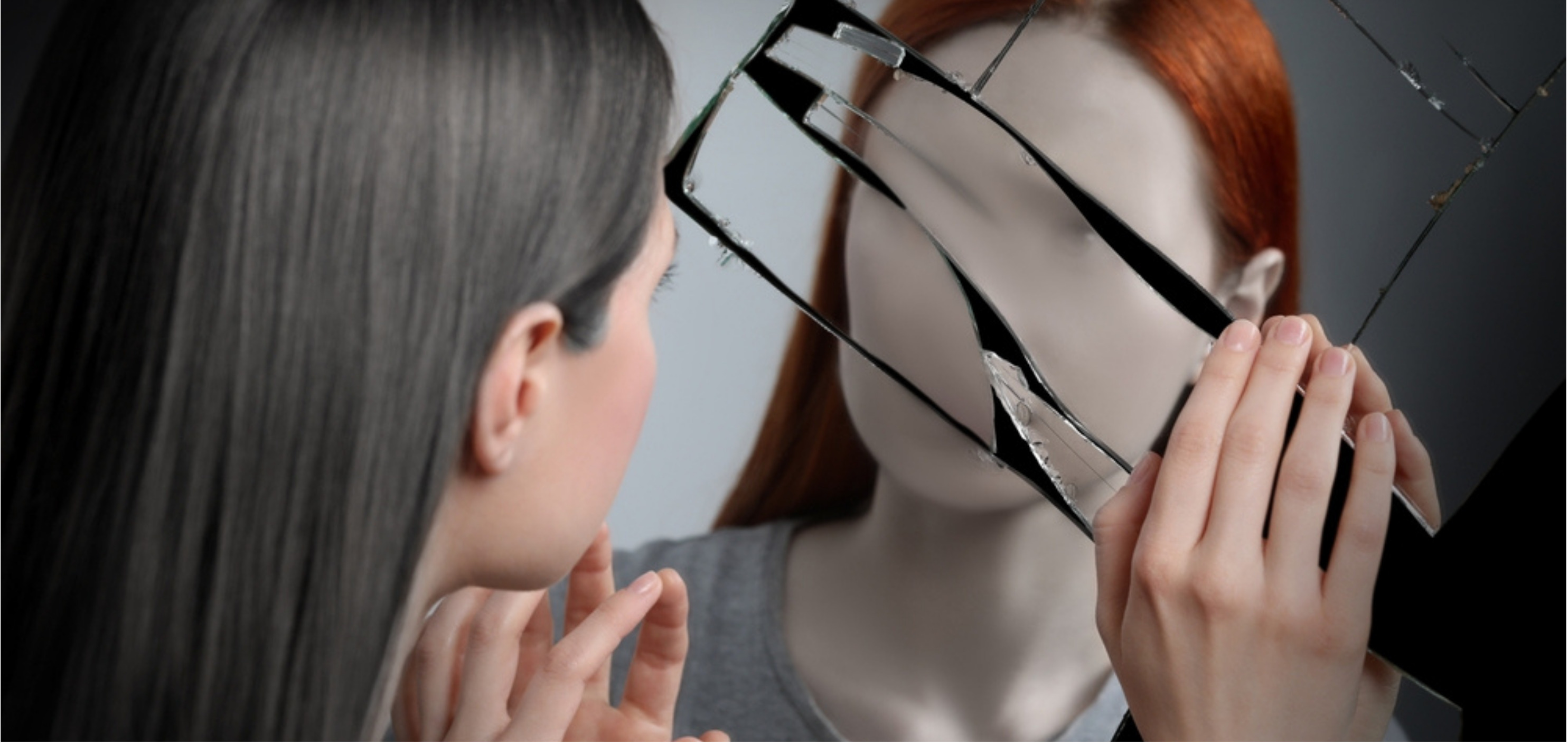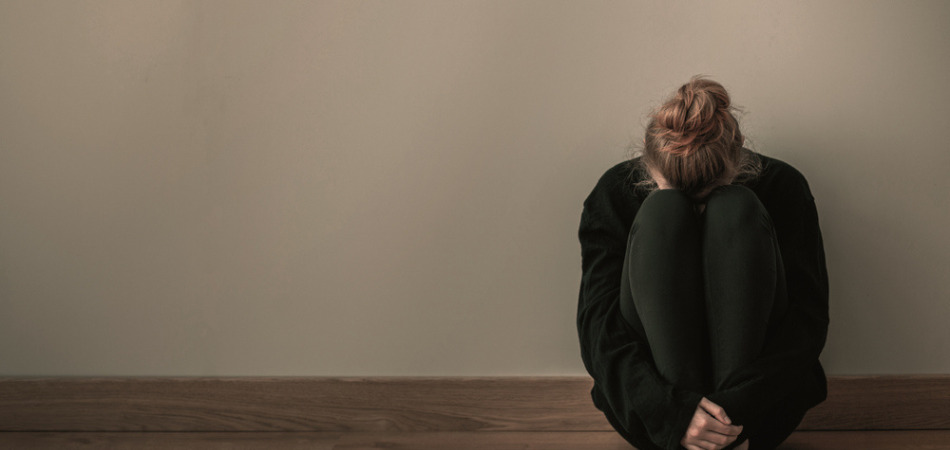
Written by:

Medically Reviewed by:
This Page was last reviewed and changed on February 14th, 2025
BDD and Addiction
Living with Body Dysmorphic Disorder (BDD) can feel like you are trapped in a battle with your own reflection. The flaws you see might seem overwhelming, even if no one else notices them with the constant mental strain leaving you drained and desperate. This desperation can make drugs or alcohol appear to be an easy escape from the constant pressure. The problem is that they don’t address what’s really going on and the resulting addiction just makes everything worse. At Liberty House, we can help you untangle the connection between BDD and addiction so you can find peace both inside and out.

What is BDD?
BDD is a serious mental health condition which affects over a million adults in the UK (that’s around 2% of all adults). It is when you become fixated on parts of your appearance that others might not even notice or that aren’t there at all.
You may think that sounds like extreme vanity or just feeling very self-conscious but BDD is much more intense than that. No matter how often friends or family reassure you, the feelings don’t go away, and it can make daily life feel overwhelming. Work, relationships, or even stepping outside can become a challenge when you are constantly battling how you see yourself.
BDD often starts when people are at a vulnerable stage of life, such as during their teenage years or young adulthood. It affects both men and women but their worries may differ as men might focus on things like building muscle or losing weight, while women often fixate on their bodies or facial features.
What causes BDD?
There is no single answer to this question but a mix of things can come together to make someone more likely to experience BDD.
If mental health struggles run in your family, that can increase your chances of BDD. This reflects the role that genetics plays in many medical conditions.
The unique way your brain works can also contribute as sometimes, chemicals like serotonin aren’t doing what they are supposed to. This can make it harder to deal with certain thoughts and feelings which can cause BDD.
BDD also goes hand in hand with eating disorders either as a cause, a symptom or both. The pressure of BDD can lead to harmful behaviours like starving yourself, overeating or purging–all in an attempt to “fix” flaws that aren’t really there.
Your environment can be a factor too as life can shape how we see ourselves in powerful ways. Being bullied or suffering from trauma can leave lasting scars, making you more focused on your appearance.
The pressure doesn’t stop there, however, as everywhere we look now, social media is filled with images of “perfect” lives and faces. It can be easy to start feeling like you will never measure up, even though those pictures aren’t always real.
How do you know if you have BDD?
Figuring out if you might have BDD starts with how you feel about yourself and how it affects your day-to-day life. This is often easier said than done but here are some BDD symptoms to look out for:
Spending ages in front of the mirror, picking at things no one else notices.
Skipping parties, school or even going outside because you feel awkward, anxious or depressed about how you look.
Using baggy clothes, heavy makeup or different camera angles in photos to hide the things you think are wrong with you.
Asking people over and over if you look okay but never actually feeling reassured.
Comparing yourself to friends, strangers or influencers online and feeling like you will never be good enough.
Feeling so overwhelmed by these thoughts that it makes you anxious, sad or wanting to hurt yourself.
If these BDD symptoms sound like your experiences, therapy for BDD could potentially transform your life.
What’s the relationship between BDD and addiction?
When your own thoughts won’t give you a break – always criticising, always finding something wrong – life can become unbearable. For some people, alcohol, drugs or even over-the-top exercising seem like a way to quiet the noise, even temporarily. But those escapes don’t fix anything. They just pile on more problems, making it even harder to feel happy.
Studies show that nearly half of people living with BDD also battle an addiction–called a dual diagnosis–where mental health and substance abuse disorders collide. The problem is that when you are stuck in a loop of picking apart your appearance, addiction often amplifies the struggles of BDD, leaving you feeling more trapped, anxious and alone.
What does BDD and addiction treatment involve?
When BDD disorder makes addiction recovery feel out of reach, Liberty House is here to help. Our rehab treatment programme supports addiction recovery while helping you work through BDD’s impact on your life.
At UKAT London Clinic, our partner rehab clinic, you will find expert programmes that provide BDD and addiction treatment as one connected journey.
Here are some of the most useful addiction and BDD therapy modes delivered at Liberty House:
How to get help for BDD and addiction
You are so much more than the challenges you are facing right now. The real you – the one beyond BDD and addiction – is still there, waiting to shine. At Liberty House, we will help you uncover that version of yourself, one step at a time. Don’t let another day slip by – reach out now and start building a life where you can truly see yourself for who you are.
Frequently Asked Questions
(Click here to see works cited)
- BDD Foundation. “BDD Statistics – BDDF.” BDD Foundation, https://bddfoundation.org/information/statistics/. Accessed 27 December 2024.
- Grant, Jon E et al. “Substance use disorders in individuals with body dysmorphic disorder.” The Journal of clinical psychiatry vol. 66,3 (2005): 309-16; quiz 404-5. doi:10.4088/jcp.v66n0306. Accessed 27 December 2024.
- Grant, Jon E et al. “Body dysmorphic disorder and its relationship to sexuality, impulsivity, and addiction.” Psychiatry research vol. 273 (2019): 260-265. doi:10.1016/j.psychres.2019.01.036. Accessed 27 December 2024.
- NHS. “Body dysmorphic disorder (BDD).” NHS, https://www.nhs.uk/mental-health/conditions/body-dysmorphia/. Accessed 27 December 2024.
- UK Rehab. “Dual Diagnosis | Co-Occurring Disorders.” UK Rehab, https://www.uk-rehab.com/mental-health/dual-diagonosis/. Accessed 27 December 2024.
- UK Rehab. “Autism and Addiction | Mental Health and Addiction.” UK Rehab, https://www.uk-rehab.com/mental-health/autism-and-addiction/. Accessed 19 December 2024.






